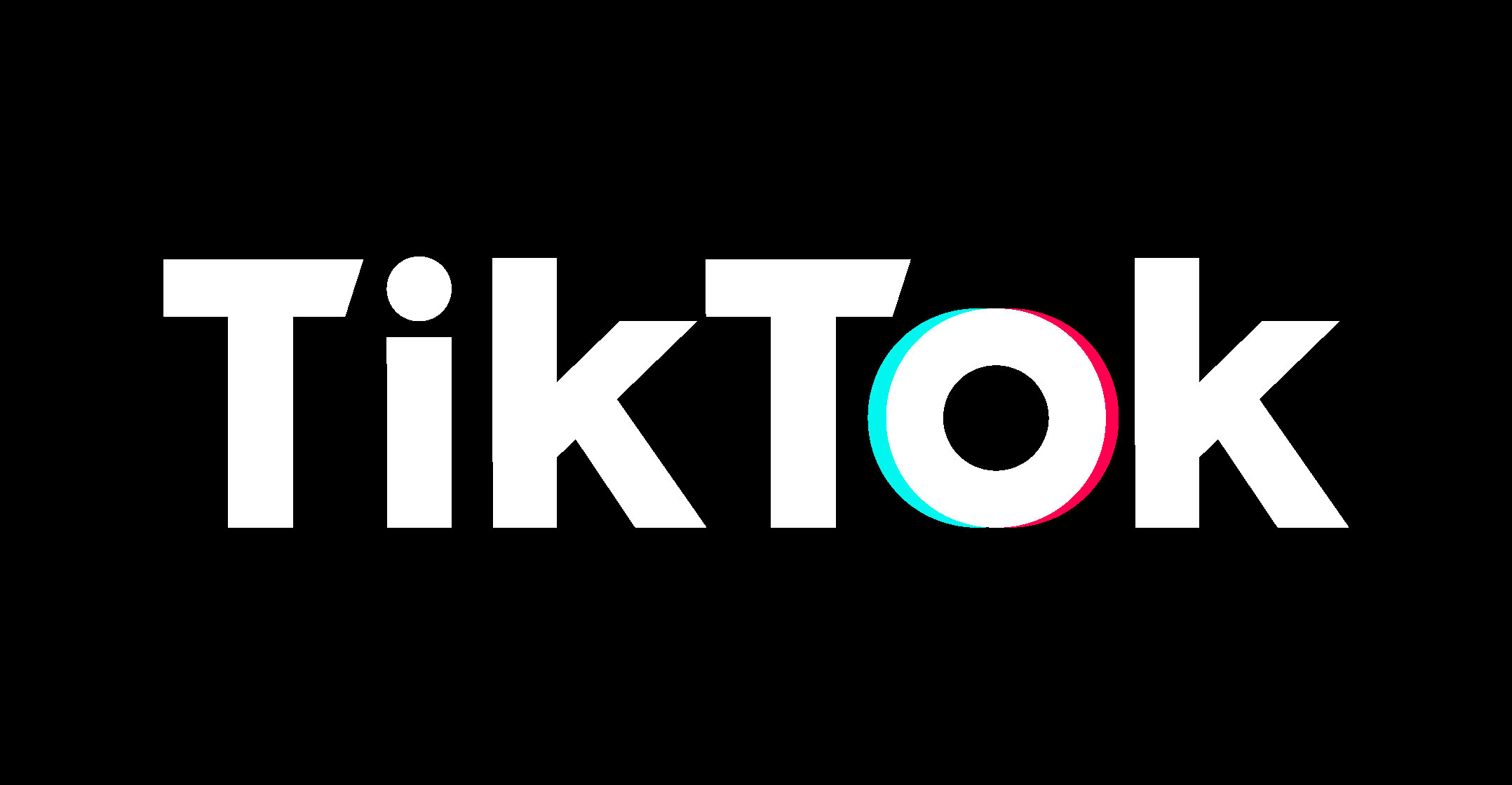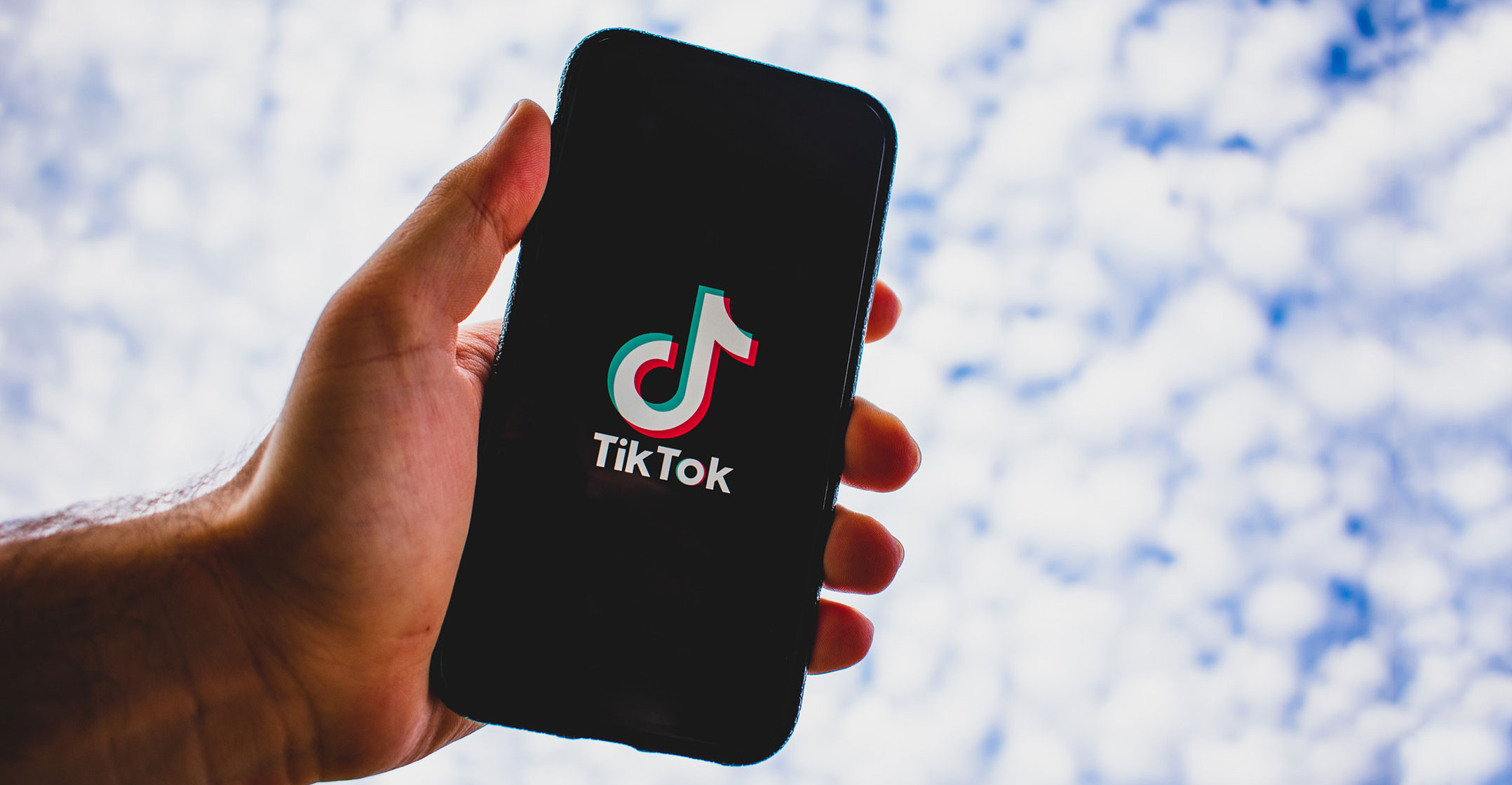 ByteDance is working with US regulators to resolve outstanding security concerns over its planned sale of a stake in short-video app TikTok, and the companies involved are bracing for the approval process to drag on past the November election, according to people familiar with the matter.
ByteDance is working with US regulators to resolve outstanding security concerns over its planned sale of a stake in short-video app TikTok, and the companies involved are bracing for the approval process to drag on past the November election, according to people familiar with the matter.
Oracle, which is leading the bid to buy a stake in TikTok, is also still hashing out the fine-print terms of the deal, which two weeks ago received an endorsement “in concept” from US President Donald Trump but faces scepticism from others within his administration and from the Chinese government.
ByteDance is in discussions on a final proposal with the Committee on Foreign Investment in the US, or CFIUS, the regulatory body that must clear any agreement. Several issues remain unresolved, including questions about data security, Chinese ownership in the new TikTok Global and a possible US$5-billion education fund. Trump has said that if a deal isn’t done before 12 November, TikTok will be shut down in the US, but it’s possible that deadline could be changed if negotiations are still going on into next month, people familiar said.
The process is going slowly in part because of the volume of details that need to be ironed out, said some of the people, who asked not to be identified discussing the private negotiations. What’s more, the fate of TikTok Global has slipped lower on the list of priorities for the president, who’s seeking to win approval for a new supreme court justice and focused on his campaign for re-election, some of the people said.
A representative from TikTok declined to comment, while Oracle didn’t immediately respond to a request for comment. CFIUS doesn’t confirm, deny or comment on its work.
Pair of bans
TikTok was forced to start talks for a deal by a pair of bans Trump issued in August on the grounds that ByteDance posed a national security risk, thrusting the app into the centre of the president’s confrontation with Beijing. ByteDance is fighting the US administration’s orders while simultaneously trying to push a deal through. A federal judge temporarily blocked a proposed White House ban of TikTok from US app stores on 27 September, claiming the Trump administration overstepped its authority in demanding the removal.
The agreement on the table materialised last month and called for Oracle and Walmart to take minority stakes in TikTok Global, and for four of the company’s five board members to be US citizens. That proposal won out over a bid from Microsoft to purchase TikTok’s US assets outright.
Under the plan being discussed, all the board votes will be equally weighted, one person familiar with the matter said, meaning no single board member will have greater influence than others.
 Walmart has said CEO Doug McMillon will take one of those board seats. The retail giant is likely to have a more active role in TikTok’s products and features than some other investors, people familiar said. Walmart has touted “commercial agreements” with TikTok, and the two sides are discussing how to integrate Walmart and TikTok features into each other’s respective apps. Walmart declined to comment on the latest discussions.
Walmart has said CEO Doug McMillon will take one of those board seats. The retail giant is likely to have a more active role in TikTok’s products and features than some other investors, people familiar said. Walmart has touted “commercial agreements” with TikTok, and the two sides are discussing how to integrate Walmart and TikTok features into each other’s respective apps. Walmart declined to comment on the latest discussions.
Oracle, meanwhile, isn’t expected to take a board seat. The software maker’s role is more specific to TikTok’s data storage and security, but the company isn’t expected to have a role in the company’s day-to-day business or product operations, some of the people said.
Still, some of the most basic aspects of the deal appear to be undecided. While Oracle and Walmart have said they will take a combined 20% stake in the new TikTok entity, Trump and Oracle have both asserted that the deal won’t move forward if the resulting company has Chinese involvement. ByteDance, meanwhile, says it plans to hold an 80% stake in the new company, and there are indications that the Chinese government will only approve a deal if ByteDance maintains a majority stake. — Reported by Kurt Wagner, Liana Baker and Jennifer Jacobs, (c) 2020 Bloomberg LP




